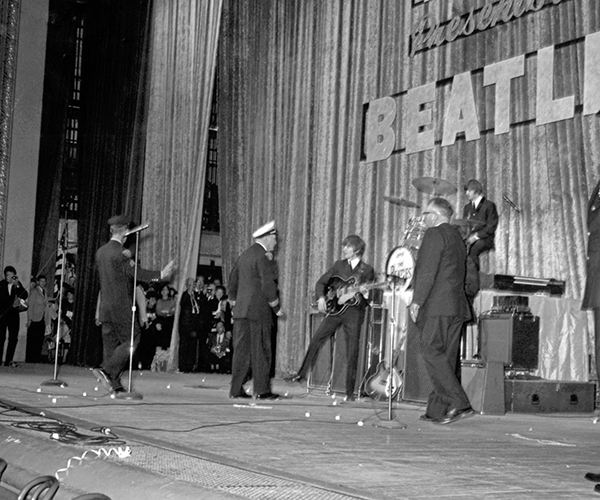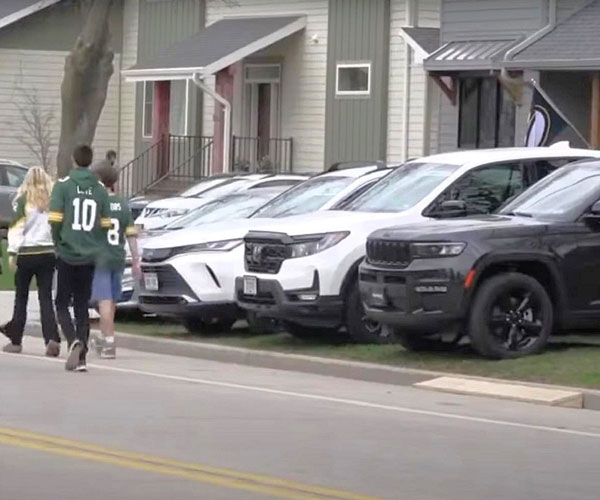Connie Schultz, The Plain Dealer's Pulitzer Prize-winning columnist, took almost a year off to help her husband, Sherrod Brown, win election to the U.S. Senate last November. But Schultz never stopped writing, or taking notes. Now, her second book, "... And His Lovely Wife: A Memoir from the Woman Beside the Man," published by Random House in June, tells her story from the campaign trail.
Do you think your book will help change what it means to be a politician's wife, or the wife of a prominent man?
I hope so. ... I read a lot of political memoirs by spouses [on] the campaign trail. And I think women tend to censor themselves, they tend to make nice. No matter how bad it was, they'll say, "But we're all together, we love one another." And nobody believes that. We should be allowed our anger and our sadness and our exhilaration. We should be allowed to run the full gamut of emotions, just like men are allowed.
How is the role of a political spouse already changing?
I think Hillary Clinton changed it a lot. She got hammered for it. I've said to her, face to face, "Thank you for taking those hits, so I wouldn't have to." I don't think most of the public wants a wife who isn't weighing in with her husband. They don't want to think that's the kind of marriage [they have].
Did any of your Plain Dealer co-workers tell you that your marriage to Sherrod was making their job more difficult?
Nobody ever said it outright. But I knew it, absolutely knew it. Sometimes there'd be a sigh. They'd start to say something, and then think, Maybe we shouldn't be talking about this. Part of it was, they were protecting me. I went from being just a colleague to a source. I was married to the candidate. I also could see they were bending over backwards trying not to show bias, and they were just hammering the living daylights out of Sherrod. It was excruciating. You hate to be anybody else's problem.
How did you deal with the transition from colleague to source?
We just quit talking. It got to be a lonelier place for me pretty quickly.
You write a lot about your mother and father in the book. How do you think those stories fit with the story of the campaign?
I kept getting asked about my name, and that one man introduced me as "the woman who's married to Sherrod Brown, but she won't change her name." That's when I decided to tell the story about my family. I spent so much of my time in southern Ohio, especially in Appalachia. Talking about my [working-class] roots gave me credibility with them — and explained in part how I could fall in love with Sherrod Brown, because he'd been fighting for the people I come from.
You revealed in the book that you did not want Sherrod to run for Senate at first, and that's what kept him out of the race until October 2005. What changed your mind?
Part of it was watching Sherrod encouraging other people to run for offices. You listen, you watch his face, you listen to his voice, hear the life in it when he's talking about it. I was aware that we were getting really comfortable at a time when so many people weren't. We had made careers championing people, fighting for people who needed someone to stick up for them. So who are we to get comfortable now? He wouldn't tell anyone that I was the holdup. He got hammered. Everybody was so critical when he got in. [He nudged another Democratic candidate, Paul Hackett, out of the race.] I said, "Sherrod, just tell them it was me." He said, "I'm not going to be that kind of husband. I'm going to blame my wife?"
How many of your fears about him running for Senate came true, and how did you deal with them?
I was very afraid of [Republican political adviser] Karl Rove. I'm not afraid of Karl Rove anymore. I knew how nasty he could get, and his tactics did not work. I knew it would be hard to watch my husband get attacked on television. I had no idea how hard. My career has survived. Our marriage is stronger than ever. I know him better than I ever did before, and I like who I've discovered.
Are there any topics you still feel you can't or shouldn't write about in your column because you're married to Sherrod?
The only thing I'm careful about is, I'm in touch with his staff, because if he's the author of a bill, I need to know that, because I don't want to inadvertently write about something he's about to propose on the floor. I would've loved to have written about the first woman head of the AFL-CIO here [in Cleveland], but the reason she had the chance to take this job was because of John Ryan's leaving to work for Sherrod's office. So that sort of eliminated it for me.
Is your column changing now that you're nationally syndicated?
Not really. I was already trying to do more of the national issues, because my boss had said he thought I should, before I left the paper. A successful column, even when it's personal, is specific to you or your community, but it's the doorway into a larger issue.



